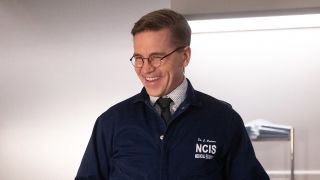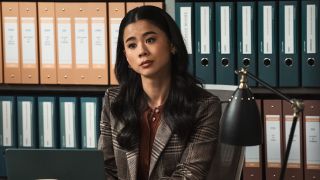cbs
Latest about cbs

How Much Money Do Survivor Contestants Make?
By Corey Chichizola last updated
The tribe (and the bank) have spoken.

After Jubal Crossed Some Major Lines In FBI’s Fall Finale, Jeremy Sisto Revealed Two Emotional Moments That ‘Weren’t Even Scripted’
By Laura Hurley published
Exclusives Jubal may have to face consequences for this one.

Chicago Med’s Nick Gehlfuss And Lucifer’s Tom Ellis Are An Odd Couple (With Explosions) In CBS’ CIA First Look, And I’m On Board
By Laura Hurley published
Is this the beginning of a beautiful friendship?

Tracker's Midseason Finale Left Colter And More Bleeding, And The Showrunner Shared How Things Will Get Even Worse When Season 3 Returns
By Megan Behnke published
This isn't even the worst of it.
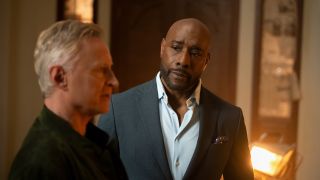
Ahead Of Watson’s Fall Finale ‘Personal Crisis,’ The Showrunner Addressed The ‘Understandable’ Fan Theory About John And Sherlock
By Laura Hurley published
Exclusives The game is afoot!

After FBI’s Season 8 Got Off To A Deadly Start, Jeremy Sisto Talks ‘Worst Kind Of Scenarios’ For Jubal In The Fall Finale
By Laura Hurley published
Exclusives The Season 8 fall finale is a family affair for Jubal.
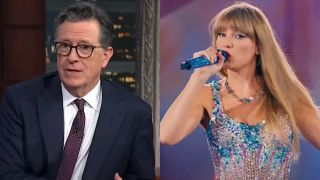
Taylor Swift Asked For 'Time' To Pick Her Favorite Songs, And My Heart Broke When Stephen Colbert Mentioned He's Almost Out Of It
By Heidi Venable published
It's the end of an era for him, too.
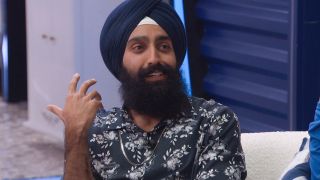
After Winning The Amazing Race And Big Brother, Jag Bains Revealed If He'd Be Willing To Compete On Survivor
By Mick Joest published
Can he win all three?
CINEMABLEND NEWSLETTER
Your Daily Blend of Entertainment News
LATEST ARTICLES
